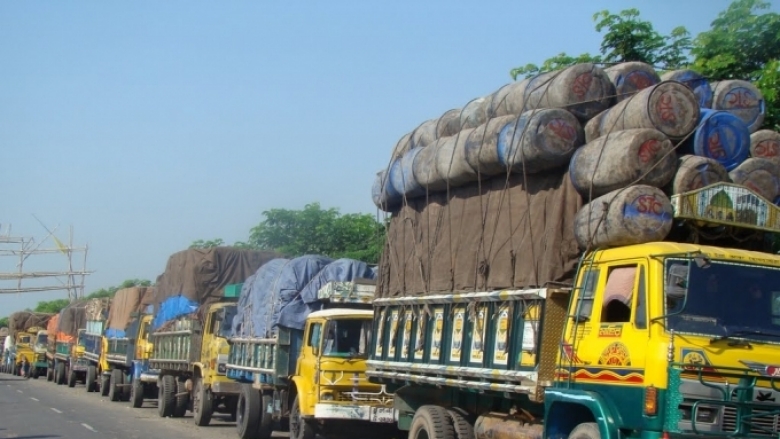Bangladesh is one of the most physically vulnerable countries in the world to the effects of climate change. Beyond these effects, rising fuel and utility costs are further straining businesses. In response, the World Bank Group has teamed up with the Bangladesh Export Processing Zone Authority (BEPZA) to lower greenhouse gas (GHG) emissions in the Chittagong Export Processing Zone (CEPZ)—the first pilot in a larger low-carbon initiative.
The project, also supported by the UK Department for International Development, the European Union, and the Government of Korea intends to establish a legal and regulatory framework to ensure that firms within the influential CEPZ significantly lower their greenhouse gas emissions in cost effective ways.
Bangladesh’s commitment towards combating climate change makes it a natural partner for the WBG, which supports growth while maintaining a focus on sustainability and the private sector’s role in providing solutions and setting environmental standards. To date, the WBG has worked with various local banks in Bangladesh to improve access to sustainable financing and to strengthen the production processes in the textile sector in order to increase energy efficiency and reduce waste.
The CEPZ is one of the first, largest, and most influential EPZs in Bangladesh. It has 502 plots in its 453 acre property where 167 businesses operate under both foreign and local leadership. Based on figures from 2011, since its establishment in 1983 the CEPZ has generated $15.1 billion with a $960 million total investment.
“The Chittagong Export Processing Zone has been ranked the 9th best Export Processing Zone globally by the UK-based FDI magazine of the Financial Times. Solid eco-friendly additions supported by WBG and the Korean government will elevate that status further,” said S.M. Abdur Rashid, General Manager, CEPZ.
The project addresses multiple challenges. For instance, the cost of power in the CEPZ has risen five times in the last 30 months; meanwhile demand for electricity continues to rise, making energy efficiency measures an important factor in reducing costs. Moreover, major global purchasers of ready-made garment (RMG) products (e.g. Adidas, Marks and Spencer, Levis) are increasingly introducing stringent criteria on supply chain partners for greater compliance with climate-friendly green operations.
Preliminary analysis shows that GHG emissions can be significantly reduced in the CEPZ through the use of efficient power production, upgrading of industrial processes, and implementation of an industrial symbiosis network that converts outputs from firms, such as heat or steam, to inputs to be reused by nearby firms.
“By promoting a low carbon green EPZ, we can reduce our operation cost,” said Mahbubur Rahman, BEPZA Member of Finance. “The introduction of new technology will not only help face climate change but also promote business growth,” he added.
The proposed initiative will enable entrepreneurs in the CEPZ to reduce GHG emissions and lower their energy bills, thus improving their bottom line. In fact, many entrepreneurs have already recognized the competitive edge environmentally-friendly processes provide for their businesses.
Welcoming the green drive, Nasir Uddin, Chairman of Pacific Jeans, an exporter of jeans and denim from Bangladesh, said, “At Pacific, we have already started environment-friendly production procedures. Once the green production idea is adopted by all, we hope Bangladesh can stand as an example."
EPZs serve as ideal innovation incubators as they are bound by their own legal framework and regulatory authority, represent a cohesive group with similar interests, and encompass a clearly confined geographic area. The convergence of these factors allows EPZs to:
- effectively control environmental measures;
- produce and implement policy and regulatory frameworks;
- promote knowledge sharing and information on industry wide practices;
- provide appropriate support to ensure that their efforts produce the maximum impact.
In this case, it includes implementing energy efficient measures, an industrial symbiosis network, and providing other sustainable infrastructure needs.
The BEPZA will play a pivotal role in ensuring continued centralized policy formation and strong promotion of private sector growth. In the next few months, analysis will be conducted on existing legal and regulatory frameworks in order to determine which steps need to be taken for firms to effectively adopt energy efficiency measures.

